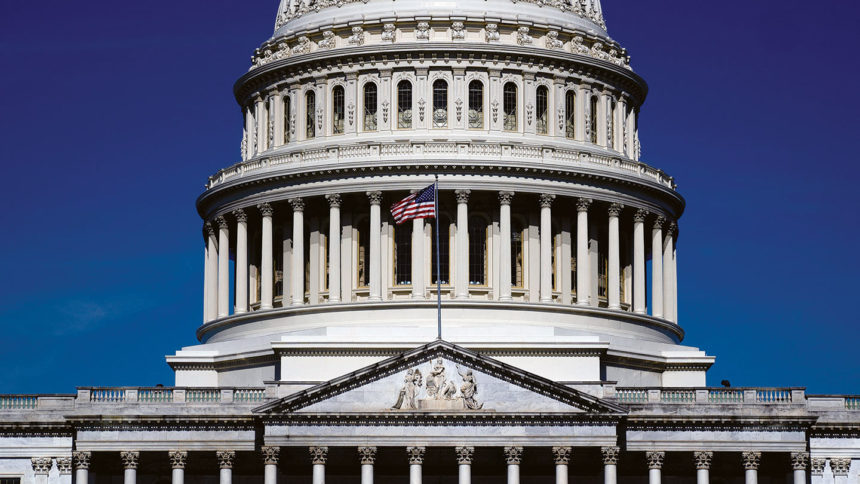
A bipartisan group of US senators representing rural states is calling on the Biden administration to halt its plan to mandate staffing levels in nursing homes, saying it’s the wrong step to take as facilities are already struggling to retain and hire professional staff.
“We fear a one-size-fits-all staffing mandate would undermine access to care for patients, particularly in rural communities,” reads a Jan. 20 letter from 13 senators to Centers for Medicare & Medicaid Services Administrator Chiquita Brooks-LaSure. “Additionally, blanket staffing standards may not provide enough flexibility to nursing homes in light of well-known and long-standing obstacles to the recruitment and retention of direct care workers, especially in rural and underserved areas.”
The senators represent Arizona, Colorado, Montana, Nebraska, North Dakota, South Dakota, West Virginia and Wyoming. Last Friday, US Sen. Jon Tester (D-MT) tweeted, “Most folks in DC don’t get rural America, so it’s my job to stand up to bureaucrats that try to impose one-size-fits-all solutions on Montana.”
The American Health Care Association and LeadingAge national have both said they cannot support a national staffing mandate without financial backing and recognition of the sector’s current workforce limitations.
Shelly Peterson, president of the North Dakota Long Term Care Association, said the state’s facilities average 4.66 nurse hours per resident per day without a mandate, but the industry there lost more than 15% of staff during the pandemic. Contract nursing costs have increased from $28.8 million to $63.8 million over the last 12 months. What’s more, 60% of nursing homes are operating at a loss compared to 57% two years ago, and at least seven facilities have closed since 2020, she said.
“We are in a full-blown crisis and a staffing mandate will not help produce the staff we need and desire,” Peterson told McKnight’s Long-Term Care News. “We need meaningful legislation to help facilities, nurse scholarships, loan repayments, more funding to increase wages and attract workers. Immigration reform so we have access to an expanded workforce.”
Both senators from North Dakota signed the letter to CMS. A spokesperson for CMS acknowledged the agency received the letter and said officials would respond directly to the senators.
The minimum staffing push from CMS is part of a broader Biden administration effort to drive quality improvements and increase transparency in the nursing home sector. The federal proposal is expected this spring and comes amid similar efforts by many states to require a certain number of nursing hours per day per patient that most association leaders say will further harm the industry. The Virginia Health Care Association agreed to support legislation requiring at least 3.08 hours per resident per day after tying that to financial incentives for facilities.
Eric Boley, executive director of LeadingAge Wyoming, said staffing mandates ignore the realities of rural areas where most facilities are in “very remote and isolated” areas. Unlike urban counterparts, rural nursing residents may be relocated hundreds of miles away from their hometowns and families if facilities cannot meet staffing requirements.
“These staffing mandates could cripple small, rural nursing homes and actually hurt the residents they are committed to caring for and serving,” Boley said, adding that he is grateful for the leadership of the state’s US senators, both of whom signed the letter to CMS.
In addition to Tester, the 12 US senators who signed the letter are: John Barrasso (R-WY), Kevin Cramer (R-ND), Steve Daines (R-MT), Deb Fischer (R-NE), John Hickenlooper (D-CO), John Hoeven (R-ND), Cynthia Lummis (R-WY), Joe Manchin (D-WV), Gary Peters (D-MI), Mike Rounds (R-SD), Kyrsten Sinema (I-AZ), and John Thune (R-SD).





